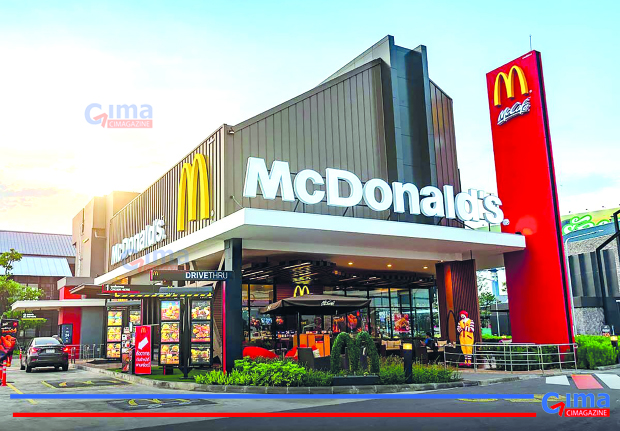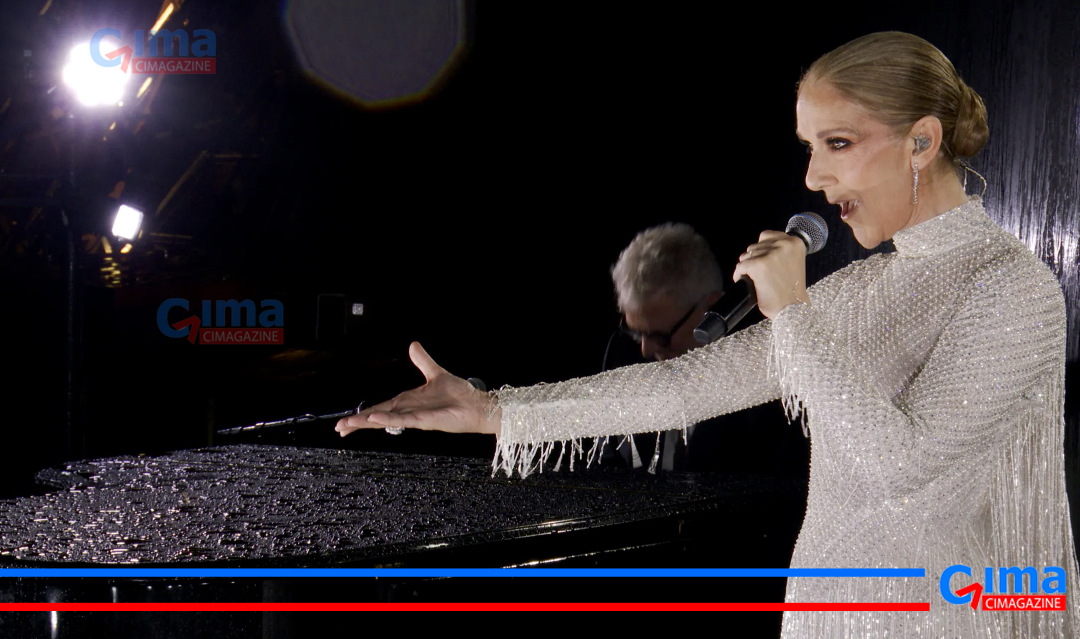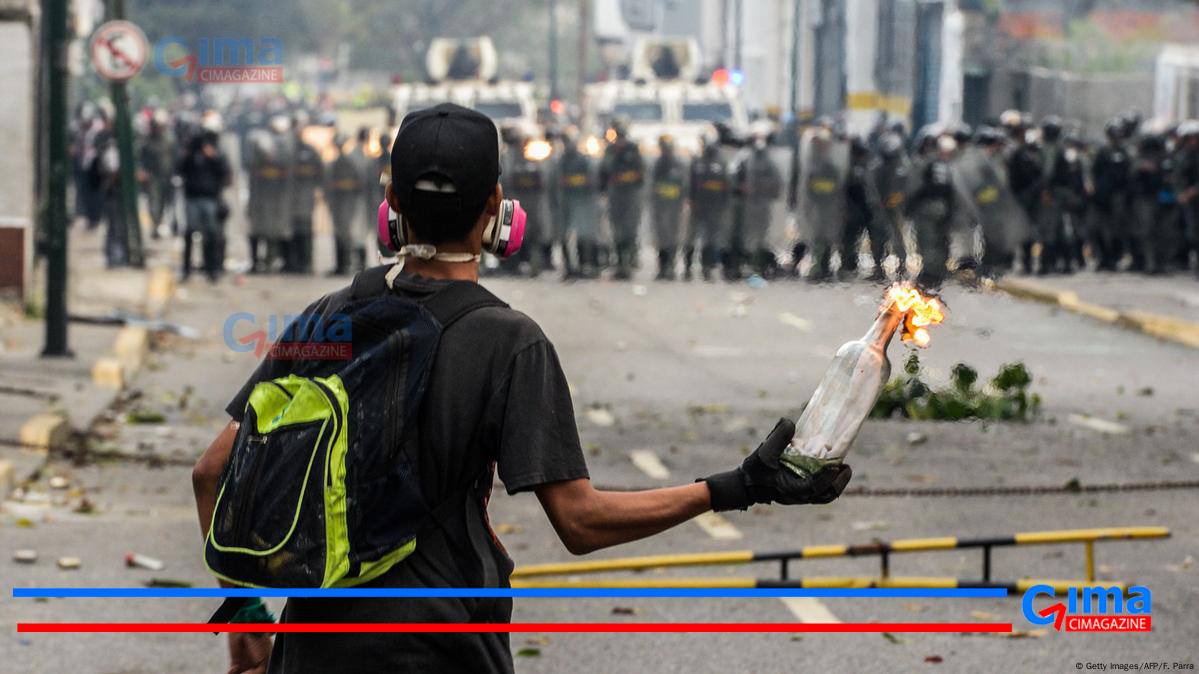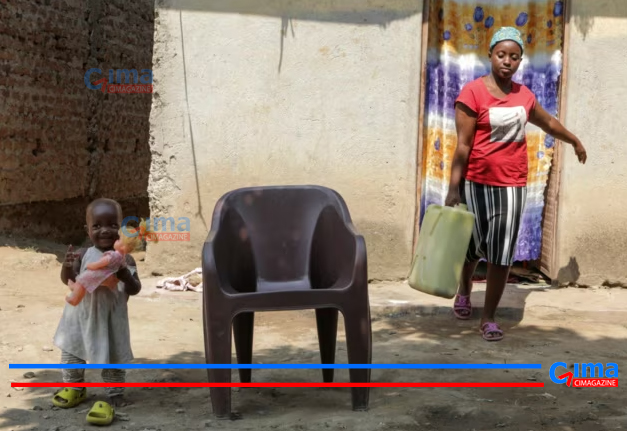A month on from the attempt on his life in Butler, Pennsylvania, Donald Trump appears more uncertain in his campaign strategy. The Butler farm showground doesn't necessarily feel like a place where history was made. When I visited, dog walkers and morning exercisers shuffled through the morning dew, making use of the silence and emptiness of their community space, no longer a crime scene. It's currently between marquee events, having just de-rigged the 76th Farm Show - a celebration of all things rural and agricultural in west Pennsylvania. It's the fixture that helped put Butler on the map, before the other one.
Donald Trump had the election in the bag, until he didn't


The events of 13 July are represented in the surrounding furniture at the showground - the beige buildings of the glass research company next door, so familiar from media coverage. It was from their roof that a gunman fired the shots that took the life of a local man, Corey Comperatore, and almost killed Donald Trump.
Today, on the roof, there are darkened stains on the spot where the gunman was killed by a sniper's bullet. It's a reminder nobody needs of the horror that happened here.
The shooting was a shocking event that traumatises this place, still. There is lasting political impact, too.
In Butler, on 13 July, Mr Trump had the election won. He was already well ahead of a struggling Joe Biden when events, and his emergence with strength and defiance, infused him with new support and stature.
The Republican National Convention, which began two days later, felt like a victory lap.
But when they changed the riders, they changed the race.
Harris/Walz versus Trump/Vance is an ever-tighter contest and the polls reflect consistent progress for the new Democratic ticket.
Donald Trump appears uncertain of a fixed plan of attack and has settled for being, basically, Donald Trump - personally insulting.








